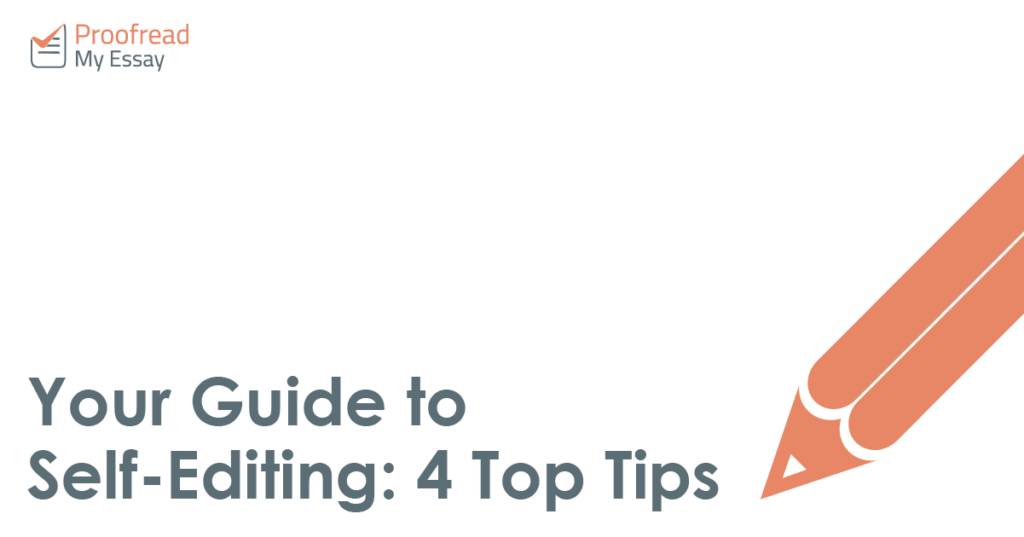If you’ve ever written something that was perfect after the first draft, congratulations: you are in a very small, exclusive club. For most of us, editing is an essential part of the writing process.
(Photo: Peter Alfred Hess/flickr)
Editing your own work can be tricky, though. If nothing else, you might not want to change your precious words! But self-editing is a useful skill to have, so here are a few tips to help.
1. Critical Distance
Once you’ve finished writing the first draft of any document, take a break. Even if it’s just overnight, some time away will give you distance from your own work, which is vital for spotting errors.
You can also try other things to give yourself a bit of ‘distance’. For example, you can print your work out and read it on paper. Alternatively, to get a sense of how well your writing flows, you can read the document (or problem passages from the document) out loud to see how it sounds.
2. Look for ‘Crutch Words’
Every writer has ‘crutch’ words they fall back on. These are often filler terms such as ‘definitely’ or ‘basically’, which we use without thinking. We call these ‘filler’ terms because they fill up a sentence without adding anything meaningful. The following sentences, for instance, mean the same:
Using crutch words is definitely a bad idea.
Using crutch words is a bad idea.
Find this useful?
Subscribe to our newsletter and get writing tips from our editors straight to your inbox.
The ‘definitely’ might add emphasis in the first sentence, but it isn’t necessary. As such, if you’re struggling to reduce your word count, or just want to ensure your writing flows smoothly, getting rid of filler words can help (especially if you’ve repeated certain terms throughout your work).
3. Brief is (Usually) Better
Could your writing be more concise? The answer is probably ‘yes’. When you go back over your work, try to think from the reader’s perspective. You might be proud of the twenty-page genealogy you’ve written for the main character in your novel, but is it essential for the plot?
Most writing is easier to read if it’s brief and to the point. And in fiction, remember that it’s better to show than tell. Cutting unnecessary exposition will give you more space for description and characterisation, which can help make your work more engaging.
4. Don’t Do It!
OK, that’s a bit strong. We wouldn’t have offered the advice above if self-editing was always a bad idea. But, especially toward the end of the editing process, a fresh pair of eyes can be invaluable.
Even if you just ask a friend to give your document a quick look, they might spot something you’ve missed (no matter how long you’ve been working on it). And if you ask a professional editor or proofreader for help, you can be even more confident your writing is error free.
